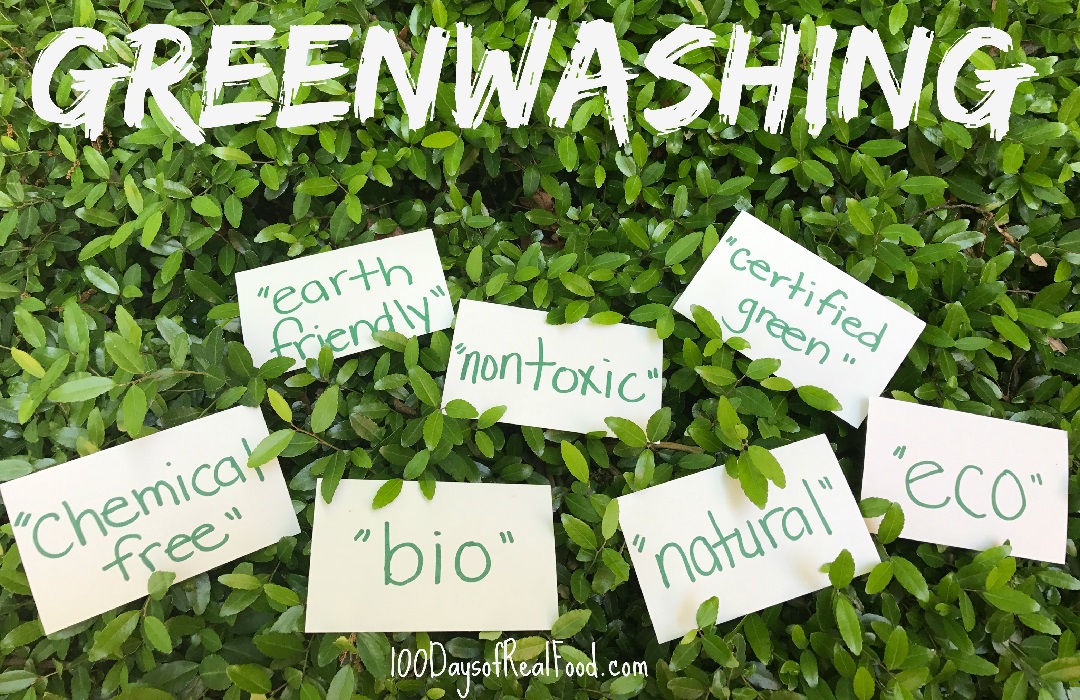
Nelle ultime settimane un neologismo inglese ha fatto irruzione nelle case degli italiani. Greenwashing è un termine noto agli addetti ai lavori già da diversi anni, tanto è vero che la sua genesi risale addirittura al 1983, quando un ambientalista di passaggio alle Isole Fiji lesse un cartello nel bagno della sua stanza di hotel. In sostanza, il cartello – che è presente anche oggi in molti alberghi – consigliava di tenere i propri asciugamani usati per evitarne il lavaggio giornaliero e di conseguenza il dannoso spreco di acqua e detersivi. L’uomo rilevò che fosse ambientalismo di facciata: nel resto della struttura, non c’era traccia di altri messaggi a favore dell’ambiente.
Quasi 30 anni dopo, riconoscere il greenwashing è diventato molto più complicato. Esempio? Un brand può tranquillamente dichiarare in campagna pubblicitaria che nel suo nuovo prodotto c’è il 50% in più di materiale riciclato: non è detto però che la quota di riciclato sia la metà. La quota potrebbe essere semplicemente passata dall’1 al 2%. Insomma, l’affermazione è formalmente esatta, ma inganna il consumatore.
Le notizie che hanno catapultato la parola sotto i riflettori del grande pubblico riguardano la nostra Costituzione e… il Festival di Sanremo.
L’8 febbraio scorso, il Parlamento italiano ha approvato una riforma costituzionale che inserisce di fatto la tutela dell’ambiente, della biodiversità e degli ecosistemi tra i principi fondanti della nostra Costituzione, modificando gli articoli 9 e 41.
Ovviamente è una crescita anche in ottica di contrasto al greenwashing.
Negli ultimi anni in Italia si è dato sempre più peso a decisioni di enti giuridici in tema, fino ad arrivare alla prima sentenza di un tribunale civile che nel novembre scorso, a Gorizia, ha condannato un’azienda per greenwashing; tuttavia, la legge scritta è un’altra cosa.
Le aziende sono avvisate: i claim sostenibili lanciati negli spot non dovranno essere vaghi, generici o esagerati. Del resto, un recente report della Commissione Europea sui messaggi sostenibili all’interno dei siti web, parla chiaro: oltre il 50% dei green claim analizzati non era del tutto onesto. Le cause? Affermazioni vaghe e generiche e informazioni inaccessibili su quanto dichiarato.
Se la Costituzione pone un accento rilevante su certe tematiche, di fruizione ancora più immediata per il grande pubblico è certamente il Festival di Sanremo. La canzone “Ciao Ciao” del duo La Rappresentante di Lista ha un motivo orecchiabile e un testo facile da imparare, ma nasconde un messaggio ben più profondo.
La fine del mondo, l’apocalisse, i cambiamenti climatici, la situazione (la vertigine) sociale: tutto legato alla faticosa e complessa transizione ecologica.
L’obiettivo de La Rappresentante di Lista – la cui canzone, secondo recenti dati Spotify, è stata tra le prime 10 più ascoltate al mondo – è divenuto più evidente durante la serata delle cover: il cantautore Cosmo, esibitosi insieme al duo, ha lanciato dal palco dell’Ariston un messaggio in aperta polemica con uno degli sponsor del Festival: stop greenwashing. L’esibizione non è sfuggita al mondo dell’informazione: tv, giornali, social media hanno riportato la news spiegando più o meno approfonditamente il significato di quel termine poco noto alla massa.
Un modo per creare curiosità attorno a una parola spesso relegata nelle manifestazioni ambientaliste o sui siti di informazione green. Un modo per educare il grande pubblico a comprendere quando le aziende – sempre più impegnate nel dichiarare la propria sostenibilità – stanno mentendo.
Insomma, la musica come mezzo perfetto per veicolare un messaggio importante senza annoiare: se “greenwashing” diventa pop, è meglio.



Recent Comments